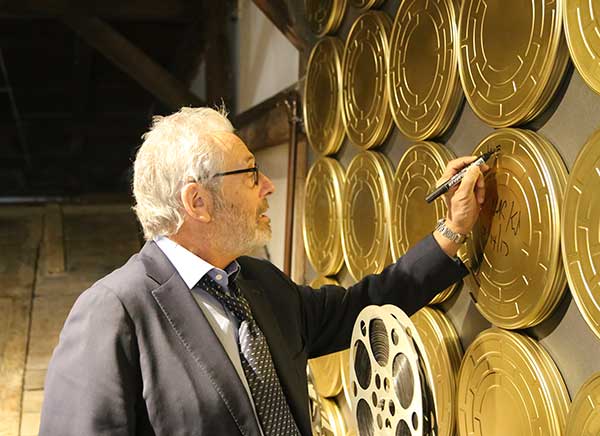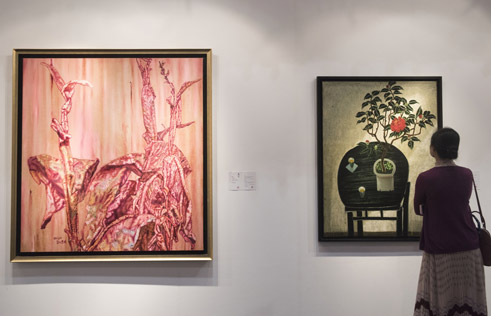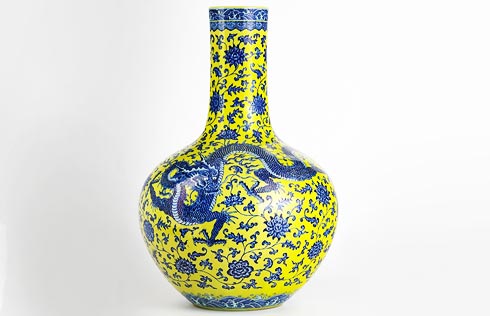City has a starring role in movie firmament
 |
|
Hawk Koch, former president of the Academy of Motion Picture Arts and Sciences in the United States, signs his name during a visit to the Qingdao Film Museum.[Photo provided to China Daily] |
Qingdao's film industry includes fields from script to shooting, production, distribution, screening and promotion. In addition, film has played a central role in the development of leisure, tourism and music industries, which has created more jobs.
About 3,000 companies in the city are now involved in the film industry, employing more than 150,000 workers, according to official figures. The city has 52 cinemas and 347 movie screens. In addition, there are about 330 mobile film projection teams with 570 workers.
"The Qingdao municipal government provides strong support for the growth of the film industry with an international vision, so it has great potential in the industry," Zhang Yimou says.
In 2015 the Qingdao municipal government decided to apply to join the UNESCO Creative Cities Network and become what is called a Film City in an effort to improve the city's creative potential for sustainable urban development through exchanging knowhow and working with others overseas.
The appraisal and selection process started in August, and the outcome will be announced on Oct 31. If it succeeds, Qingdao will become the ninth UNESCO City of Film worldwide and China will eventually have its own film city.
The UNESCO Creative Cities Network includes crafts and folk arts, media arts, film, design, gastronomy and music.
The local titles so far given Cities of Film status are: Bitola, Macedonia; Bradford, England; Busan, South Korea; Galway, Ireland; Rome, Italy; Santos, Brazil; Sofia, Bulgaria; and Sydney, Australia.

















